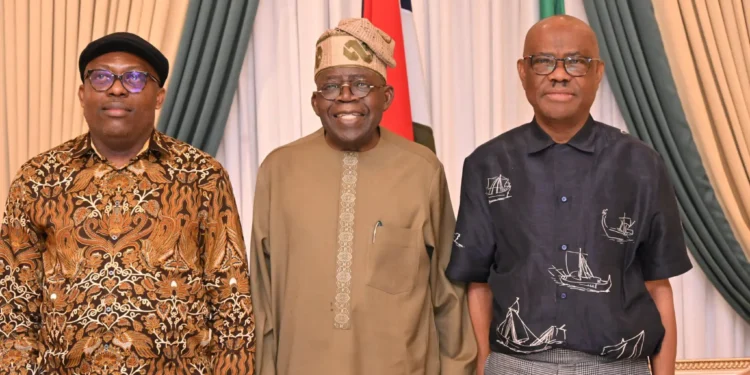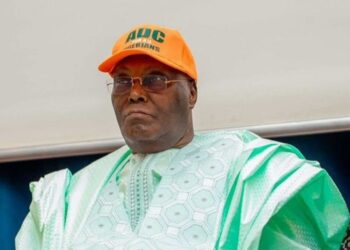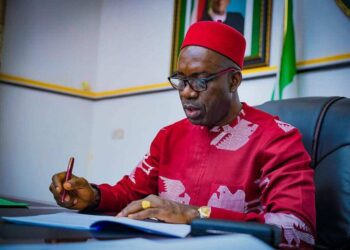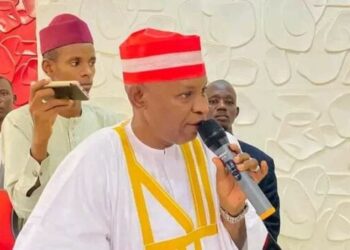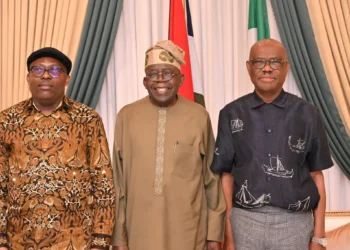Rivers State elders have expressed mixed views about the imminent return of suspended Governor Siminalayi Fubara as the six-month state of emergency declared by President Bola Tinubu nears its conclusion.
Some elders argue that the prolonged suspension has significantly weakened Fubara’s political position while strengthening the influence of his former political mentor, Federal Capital Territory Minister Nyesom Wike.
President Tinubu declared the state of emergency on March 16, 2025, citing escalating political tensions and alleged attacks on oil pipelines by suspected militants. The declaration suspended Fubara, his deputy Professor Ngozi Odu, and the state House of Assembly for six months, with former Chief of Naval Staff Ibok-Ete Ibas appointed as state administrator.
Rivers State Elders Council member Sunny Chukumele, who convenes the Coalition of Rivers State Leaders of Thought, described the state as having been “captured” during the emergency period. He accused President Tinubu of sacrificing Rivers State’s interests to advance his 2027 political ambitions while subduing Fubara under the guise of establishing peace.
Chukumele characterized the current situation as dividing the state between Wike’s influence and Rivers State’s broader interests, suggesting that residents appear “helpless, desolate and abandoned to their fate.” He predicted that the state’s future would ultimately depend on decisions made by its people.
Rivers Elders Forum member Asukewe Iko-Awaji suggested that the six-month absence had eroded Fubara’s earlier political momentum and damaged the state’s economy. He noted that several companies operating in the state had withdrawn during the emergency period, potentially requiring months for recovery upon Fubara’s return.
Iko-Awaji expressed concern about the deterioration of relationships within the state’s political leadership, predicting that suspicion and mistrust would complicate future governance even after Fubara’s restoration to office.
However, Olaka Wogu, described as a strong ally of Minister Wike, downplayed expectations that Fubara’s return would dramatically alter the state’s political dynamics. He argued that despite President Tinubu’s mediation efforts between the two political figures, Rivers residents would ultimately determine the governor’s effectiveness.
Wogu defended Wike’s approach throughout the crisis, characterizing the minister’s public statements as demonstrations of “pure honesty” rather than political maneuvering. He suggested that Wike had successfully maintained his political structure while incorporating the governor as part of that framework.
The differing perspectives among Rivers elders reflect broader uncertainty about the state’s political future as the emergency period concludes and normal governance structures prepare to resume.

